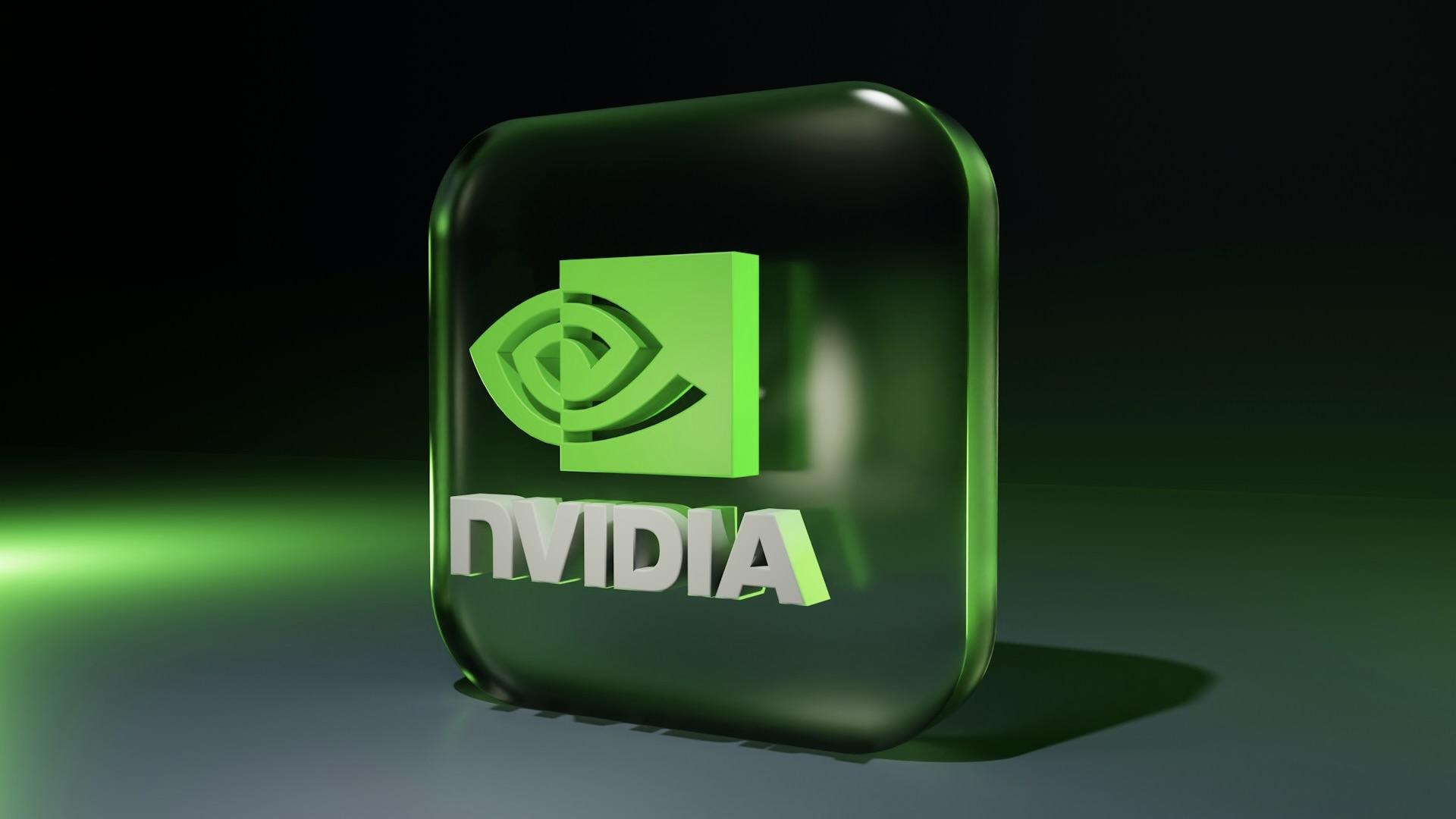Chipmaker Nvidia has finalized its $700 million acquisition of Israeli start-up Runai, overcoming regulatory scrutiny in the EU. The move cements Nvidia's leadership in the AI graphics processing sector while promising open-source solutions to broaden AI infrastructure accessibility.
Nvidia Completes Runai Acquisition Amid Antitrust Concerns
Reuters reports that despite antitrust concerns, chipmaker Nvidia has finally finished buying out Israeli AI startup Runai, the latter announced on Monday.
Ahead of schedule in December, the European Commission approved Nvidia's US$700 million offer for Runai, an AI infrastructure optimization tool, without conditions. In October, the company had indicated that the acquisition would necessitate antitrust clearance from the EU.
European Commission Clears $700 Million Deal
The merger posed a danger to competition in the companies' respective markets, according to the EU antitrust regulator.
Its investigation into the merger centred on potential tactics that would give Nvidia an even stronger grip on the graphics processing unit (GPU) market. GPUs are highly desirable semiconductors used for AI-related work.
Nvidia Maintains Leadership in AI Graphics Processing
With an 80% market share, Nvidia is by far the most powerful player in the artificial intelligence graphics processing industry.
The purchase of Runai was first revealed in April, but the European Commission determined earlier in December that it would not cause problems with competition.
US Antitrust Investigation Ongoing
Politico wrote in August that the US Department of Justice is looking into the chip giant's acquisition of Runai for antitrust reasons.
In light of growing fears that large tech companies may stifle competition through mergers and acquisitions, regulators across the Atlantic have increased their focus on these deals.
Runai said in a blog post that it intends to make its software open-source.
"While Runai currently supports only Nvidia GPUs, open sourcing the software will enable it to extend its availability to the entire AI ecosystem," it stated.



 Synopsys Q2 Revenue Forecast Misses Expectations Amid China Export Curbs and AI Shift
Synopsys Q2 Revenue Forecast Misses Expectations Amid China Export Curbs and AI Shift  Trump Touts Stock Market Gains and 401(k) Boost Amid Tariff Uncertainty
Trump Touts Stock Market Gains and 401(k) Boost Amid Tariff Uncertainty  Germany and China Reaffirm Open Trade and Strategic Partnership in Landmark Beijing Visit
Germany and China Reaffirm Open Trade and Strategic Partnership in Landmark Beijing Visit  Snowflake Forecasts Strong Fiscal 2027 Revenue Growth as Enterprise AI Demand Surges
Snowflake Forecasts Strong Fiscal 2027 Revenue Growth as Enterprise AI Demand Surges  Nvidia Earnings Preview: AI Growth Outlook Remains Strong Beyond 2026
Nvidia Earnings Preview: AI Growth Outlook Remains Strong Beyond 2026  Nvidia Earnings Preview: AI Chip Demand, Data Center Growth and Blackwell Shipments in Focus
Nvidia Earnings Preview: AI Chip Demand, Data Center Growth and Blackwell Shipments in Focus  MOEX Russia Index Hits 3-Month High as Energy Stocks Lead Gains
MOEX Russia Index Hits 3-Month High as Energy Stocks Lead Gains  Strait of Hormuz Oil and LNG Shipments Disrupted After U.S.-Israel Strikes on Iran
Strait of Hormuz Oil and LNG Shipments Disrupted After U.S.-Israel Strikes on Iran  Federal Judge Blocks Virginia Social Media Age Verification Law Over First Amendment Concerns
Federal Judge Blocks Virginia Social Media Age Verification Law Over First Amendment Concerns  Ecuador Raises Tariffs on Colombian Imports to 50% Amid Border Security Dispute
Ecuador Raises Tariffs on Colombian Imports to 50% Amid Border Security Dispute  OpenAI Hires Former Meta and Apple AI Leader Ruomin Pang Amid Intensifying AI Talent War
OpenAI Hires Former Meta and Apple AI Leader Ruomin Pang Amid Intensifying AI Talent War  U.S. Stock Futures Fall as Nvidia Drops Despite Strong Earnings; Netflix Jumps 9%
U.S. Stock Futures Fall as Nvidia Drops Despite Strong Earnings; Netflix Jumps 9%  Asian Stocks Rise on Nvidia Earnings Boost; Yen Weakens as BOJ Rate Outlook Clouds
Asian Stocks Rise on Nvidia Earnings Boost; Yen Weakens as BOJ Rate Outlook Clouds  Dominican Republic Unveils Massive Rare Earth Deposits to Boost High-Tech and Energy Sectors
Dominican Republic Unveils Massive Rare Earth Deposits to Boost High-Tech and Energy Sectors  Gold Prices Steady in Asia, Set for Strong February Gains on Safe-Haven Demand
Gold Prices Steady in Asia, Set for Strong February Gains on Safe-Haven Demand  Coupang Reports Q4 Loss After Data Breach, Revenue Misses Estimates
Coupang Reports Q4 Loss After Data Breach, Revenue Misses Estimates  Amazon’s $50B OpenAI Investment Tied to AGI Milestone and IPO Plans
Amazon’s $50B OpenAI Investment Tied to AGI Milestone and IPO Plans 































